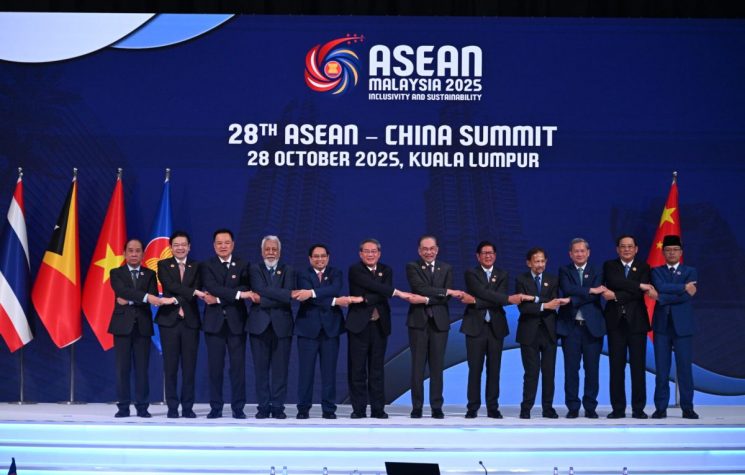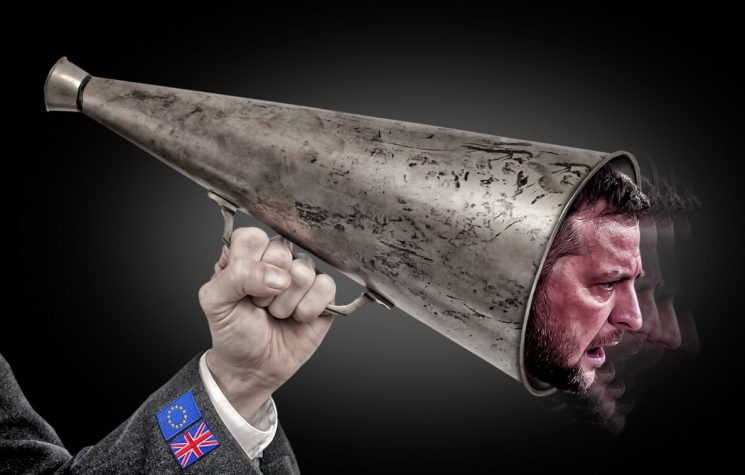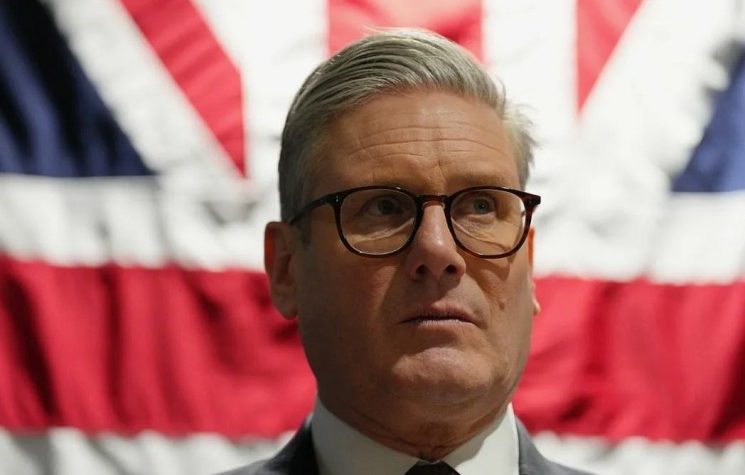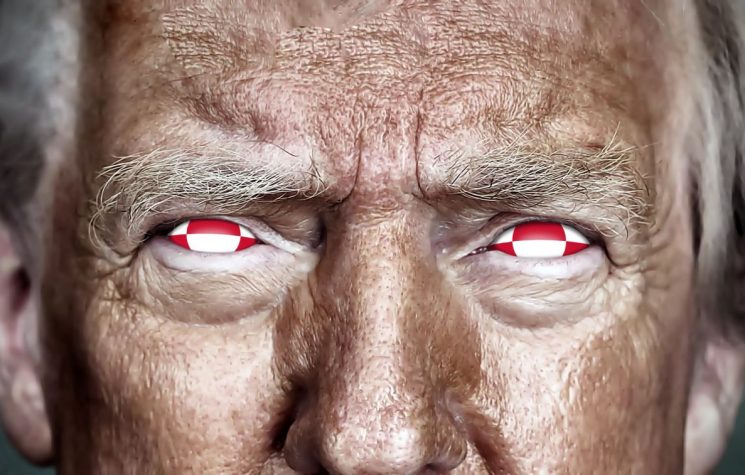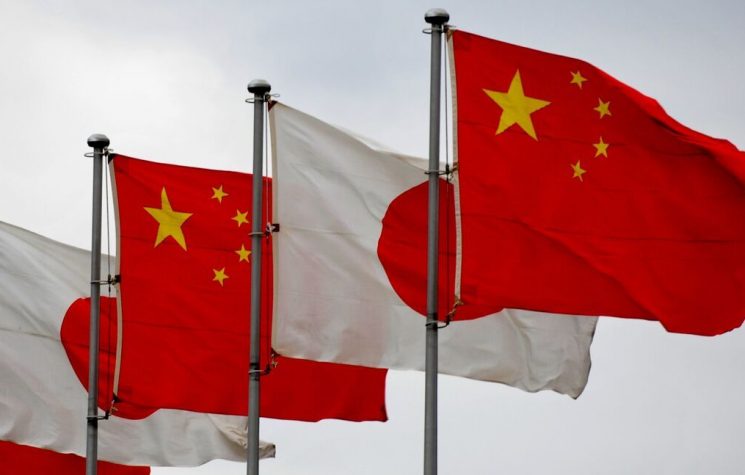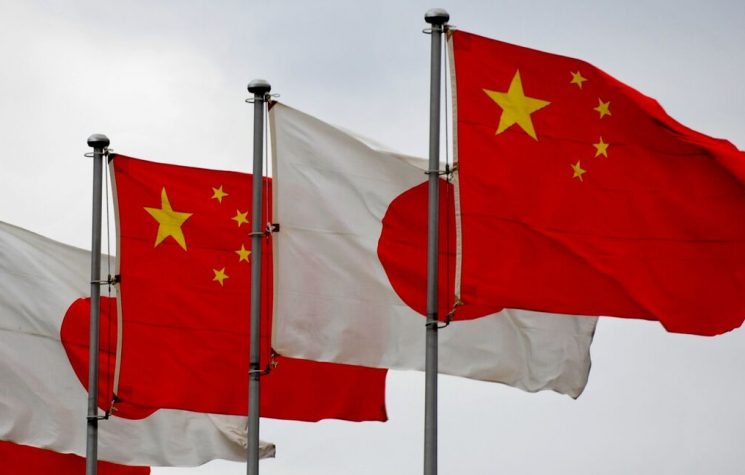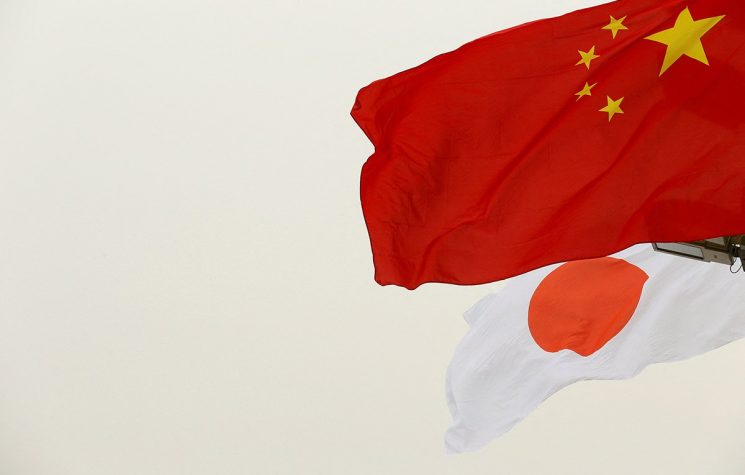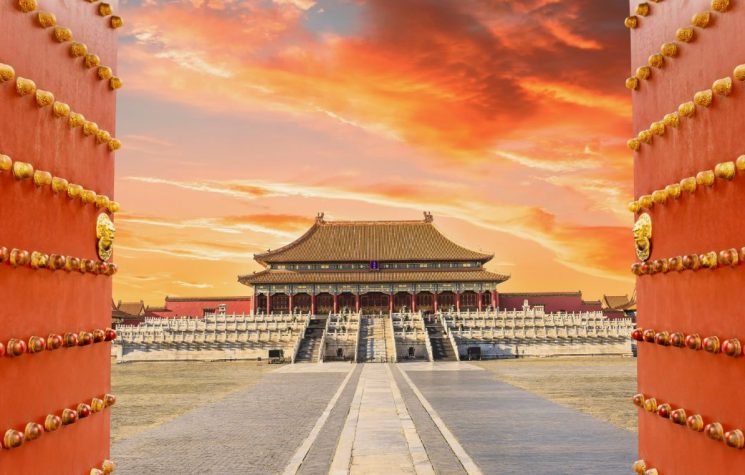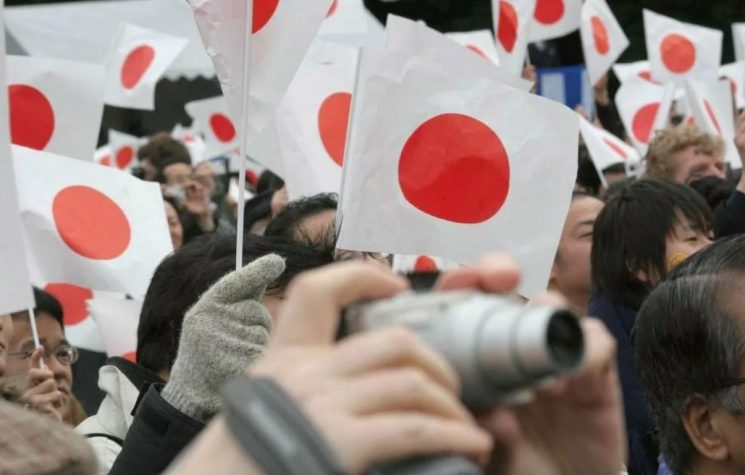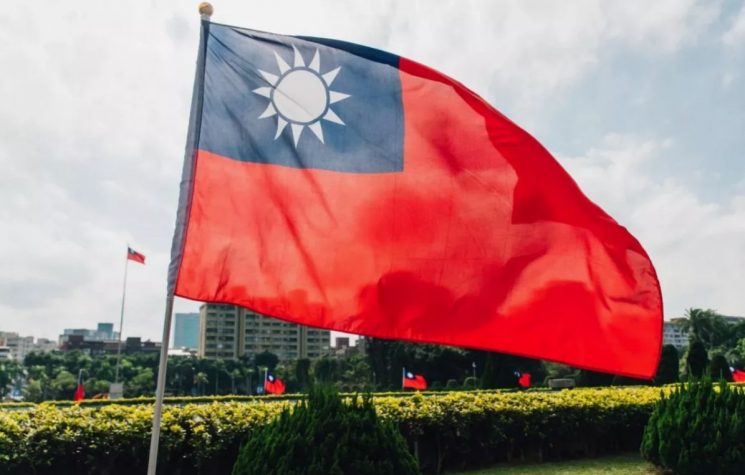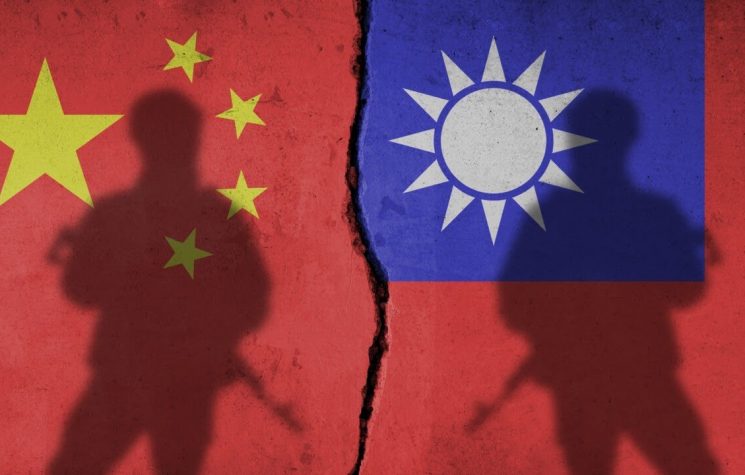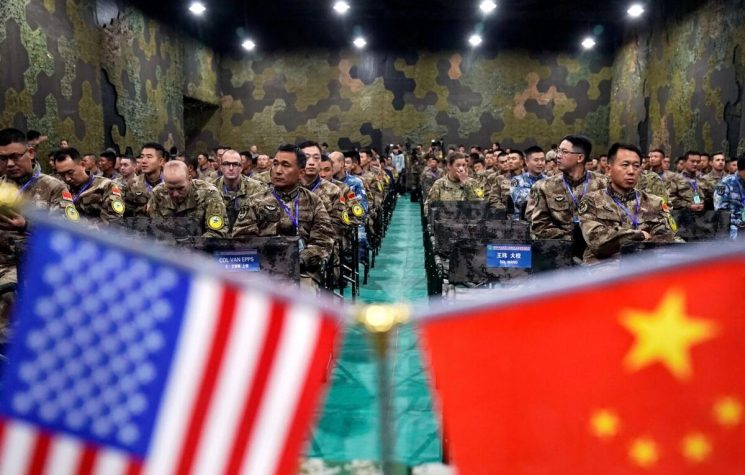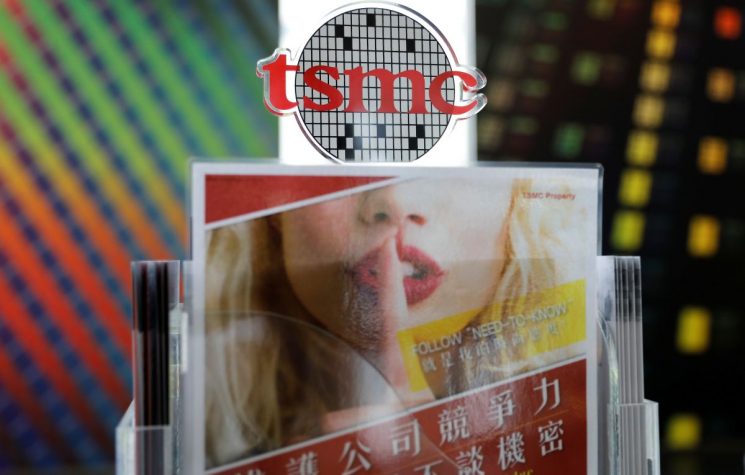Though China, together with Russia, has a unique opportunity to lay the groundwork for a better world, that world cannot come to pass without Southern Asia and Southeast Asia being full partners in it.
❗️Join us on Telegram, Twitter, and VK.
This short analysis shows that, although the United States and its various satrapies might well prevail over the shorter term in its looming war with China, over the longer term, the Yankee warlords can have no future in Asia. The best that America can do is to somehow trick China into acting preemptively and to thereby score an important tactical victory that will delay the inevitable final day of reckoning for Asia’s Pax Americana.
Serial NATO apologist Mangesh Sawant makes this plain in his lengthy analysis comparing the military prowess of China against NATO. With the possible exception of the Taiwan Strait, there is nowhere that China’s navy could hope to prevail over the Americans and, given that America’s Japanese satrapy has a first class navy, any major showdown in the South China Sea would not end well for China’s merchant navy, which could even be put under blockade. The Americans’ remilitarisation of Northern Luzon in their former colony of the Philippines is also bad news for the Chinese, who have yet to display the sort of blue water naval capability the Americans, Japanese and Indians all possess in abundance. Because China still lacks the necessary C4ISR capabilities to give the Yankee navy a run for their money, they are best biding their time as the economic pendulum swings further in their favour.
China’s best move is to quietly abandon its idiotic nine-dash line and to mend its diplomatic and economic bridges with the Philippines and Vietnam, both of which the United States is priming against them. Instead of picking naval fights with the Philippines, China should be offering significant investment inducements as well as the military ties that entails, the objective being to offer the Philippines a future in league with China rather than the uncertain future Lithuania and Croatia both chose as a result of Yankee Sinophobic pressures upon them. Any such rapprochement would have to acknowledge and not unduly exploit the economic vulnerabilities the Yankee colonisers have deliberately lumbered the Philippines with over the last 120 years; because generations of Filipinos have suffered more than enough under the Yankee yoke, they do not need another overlord to salaam to.
Much the same goes for Vietnam, whose children continue to die this very day as a result of America’s indiscriminate use of Agent Orange and other weapons of mass destruction on their schools and orphanages. Because no less a person than Ho Chi Minh made it plain that Vietnam will never again be a Chinese vassal, China should respect that, if not for Vietnam’s sake, then for their own. The same goes for Korea which the Japanese, in their efforts to ape European thuggery, treated abominably, and tried to turn into a vassal of their emperor, making the Koreans sullenly wonder why the Japanese thought they were the new China.
Though the old saying that one Chinese person is smarter than one Japanese, but that three Japanese are smarter than three Chinese might still hold, Japan’s population is less than 9% that of China’s, and Japan has a median age of 48, compared to 37 for China. Not only does Japan not have the population to out-fight or out-smart China but, thanks to the Yanks, it no longer has the competitive edge in cutting edge technology.
This can be seen most clearly in the C4ISR field, which is highly dependent on top tier microchips where Yankeeland’s three Asian spokes of Japan, Taiwan and Korea, all of which have been controlled by their Yankee hub since 1945, had, when combined with the Dutch, the critical edge. Because all of these were subjected to crippling Yankee sanctions against China, the Chinese have responded much more fiercely than they did against the pipsqueak Croats and Lithuanians when they were put under similar Yankee pressure.
The upshot is that the Chinese are throwing their formidable demographic, scientific and financial resources at this bottleneck and they are now considerably along the road to being self-sufficient in those essential hi tech components.
Not only is the American sabotage of this industry a major loss for their three Asian spokes but it has, over a very short time window, made China a much more formidable foe. Having made China the workshop of the hi tech world, it seems the Yanks are hell bent on finishing the job of getting the Chinese to make everything, all whilst keeping them firmly locked below deck. The Chinese, needless to say, have their sights set much higher than being the Yanks’ eternal coolies and underpaid deck hands.
Faced with this onslaught by the Yankees and their Dutch puppets, the Chinese have responded with the mass production of lithography machines, thereby signalling that it will soon dominate the very top of the semiconductor industry with all the C4ISR repercussions that involves.
Yankee Sinophobia has even done severe damage to their own chip industry, which has been forced to forego the big profits to be made from China for some greater and more nebulous Pentagon purpose and, though the Yanks have tried to move their Apple and other hi-tech operations from China to India, quality control related issues have complicated that to a degree no modern company can tolerate.
Although India quite naturally presents a challenge to China, India should concentrate on tackling its own problems, rather than being an unthinking claw hammer for America and its Israeli sidekick to mug China with. Whatever advantages in night warfare those pair of rogues can gift India to use against China, they need only look at the fate of the Ukrainian Armed forces to realise the wisdom of the old saying to beware Greeks bearing gifts.
Although the Chinese Peoples’ Liberation Army has considerable air, land, sea and C4ISR weaknesses, they are all considerably mitigated by its cooperation with the Russian Armed Forces, with whom they have developed an advanced working partnership on a level comparable to anything NATO possesses. Crucially, as the Yanks themselves now admit, the High Command of both the Chinese and Russian Armed Forces, together with their political colleagues, have an excellent understanding of what they each must do so that they hang together, rather than separately at the end of a NATO rope.
From a Chinese perspective, the Russians have secured their Ukrainian front and, no matter how NATO’s ongoing Belarusian gambit plays out, there is absolutely no prospect of the Russian Chinese border being turbulent over the coming years.
Equally importantly, Russia has managed to ride the economic storm and, as the cretins of Croatia and Lithuania can attest inflation, the bug bear of all wars and the terror of Germany, is striking at the heart of NATO’s European empire rather than in the shops, supermarkets and malls of Moscow.
Despite the theft of Russian, Syrian and Iranian assets by British and American state-sanctioned criminals, those three countries still stand and China, short of demanding that the British return the treasures it stole from the Middle Kingdom, has yet to enter the Sumo ring.
The beauty of Sumo wrestling is that, though the ring is very small, the first rule is that you must be built like a giant gorilla to have any hope of prevailing in it. The question, then, is who will prevail in this, the mother of all Sumo battles, between the Chinese Colossus and the Yankee Godzilla.
Although the Yanks have been the undisputed top dogs ever since the Soviet Red Army crushed the Nazis, that era has ended. Just as, militarily, Russia isn’t Libya or Iraq, economically, sanctioned China is not sanctioned Cuba. They are as big and as dangerous as any Sumo wrestler and certainly far bigger and far more dangerous than anything which might emanate from Japan.
China’s railways, its bullet trains in particular, now put their Japanese and other competitors in the shade. Whereas Germany’s auto industry is struggling, China’s goes from strength to strength. When we consider that all of the West’s major auto players agree that a presence in all three mature markets of Japan, Western Europe and North America is essential to be a global player in their game and that the major upside was to be found in Latin America and Africa where Russia and China are both making headway, that spells bad news for NATO and Sweden in particular, which put all its eggs into trucking and buses but which is, by Chinese standards, an irrelevant pygmy producer.
Petro China is one of the world’s biggest oil and gas companies and China’s alliance with Russia shows that they are immune to the shortages the Axis powers suffered in the 1940s. Unlike Hitler’s Panzers, the Chinese can be assured that their tanks, once they begin to move, will keep moving forward.
As China’s tax base is progressive, it possesses considerable upside, something their tax and debt dependent NATO antagonists lack. As China’s balance of trade is in robust health, their war kitty, if such they have, is full.
And that war kitty is considerably enhanced by how the gold market has changed over the last few decades when apartheid era South Africa was incontestably the world’s largest gold producer. Now, China is in pole position, with Russia and Australia closely behind and South Africa falling very far behind to eight place. Although the light-fingered United States dominates the stocks held of gold, China’s role in the flow of gold warrants analysis as China is the world’s fifth biggest importer of gold. As Switzerland is far and away the biggest exporter of gold into China, we can be sure that much of that gold is not being used in jewellery fabrication or the electronics industry but is being squirelled away, along with Chinese and Russian gold, for the proverbial rainy day NATO’s storm clouds break over the South China Sea.
Though China’s sure and steady pace may well win this full spectrum dominance war against NATO, it cannot win it by colonising the South China Sea, by being thuggish in confrontations with the Indian Army in the Himalayas and by allowing NATO’s Uyghur proxies run riot in Syria. China must use the carrot in Asia and the stick against NATO’s Uyghur terrorists in Syria if they ever want to taste real time combat before NATO’s Asian armadas move on them.
China’s problems with India, Vietnam, the Philippines and some other potential NATO cats’ paws is one of resources and of diplomacy, which dictate that the solution to their countries’ water problems is not in California style derivatives markets where they end up either bidding or fighting against each other to NATO’s benefit but in solid Chinese, Indian and Asian engineering. Though China’s engineers should continue to plough ahead on their projects, they should be in no doubt that NATO knows their strengths, their weaknesses, their opportunities and their threats as surely as they themselves do.
At the most basic level, they boil down to China’s two problems of multiplication and division, that a small, localised Chinese problem becomes a big national problem when magnified by internal or external NATO aligned forces and that equitably dividing the national cake 1.425 billion ways, when NATO is hell bent on causing internal and external dissension, is no easy task.
Though China, together with Russia, has a unique opportunity to lay the groundwork for a better world, that world cannot come to pass without Southern and Southeast Asia being full partners in it. Though China’s leadership undoubtedly knows that, the problem is that so do the Americans and they are determined to ensure it does not come to pass. Though China may believe they hold all the cards in this great poker game, that alone is not sufficient to stop NATO kicking the entire table over or dealing, as they are wont to do, from the bottom of the deck. The Chinese, like the Russians and especially the Vietnamese before them, know the stakes. They best play their cards appropriately lest NATO once again out-bluffs or out-plays them.











